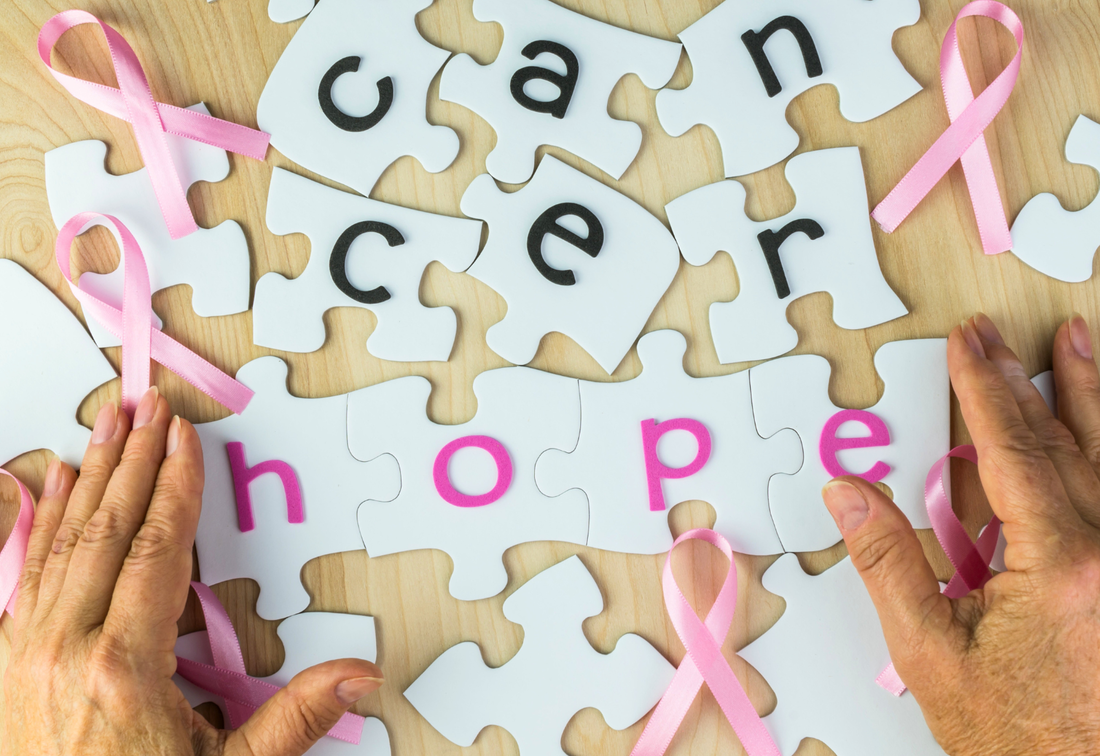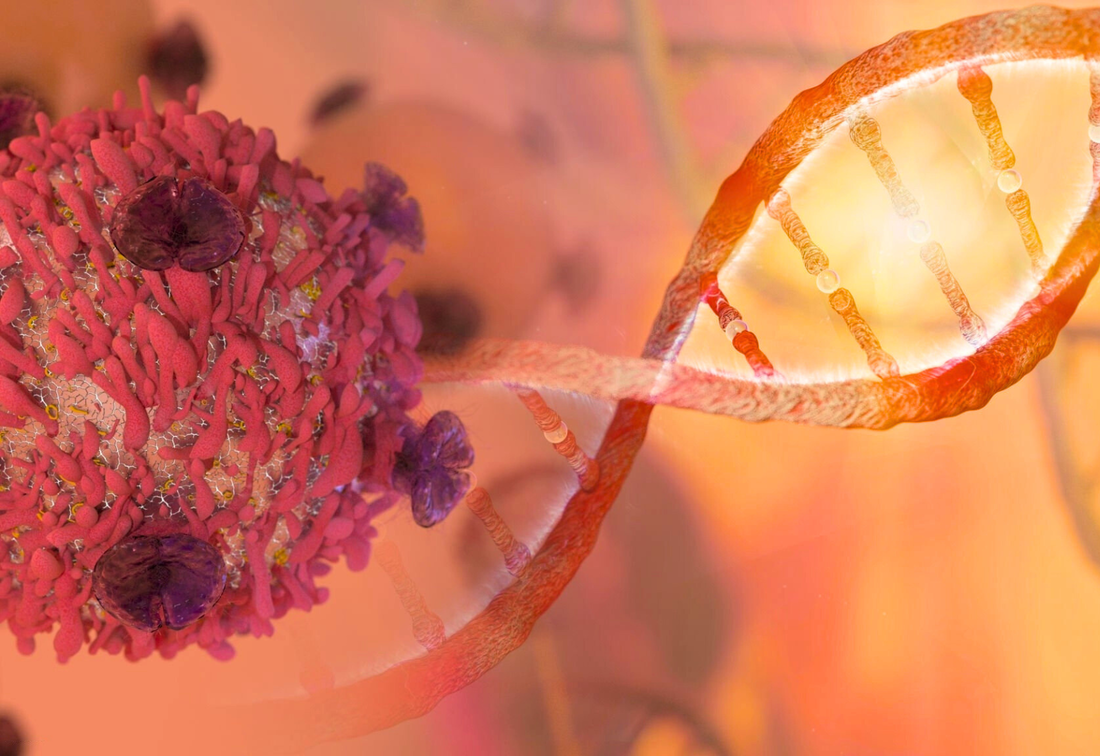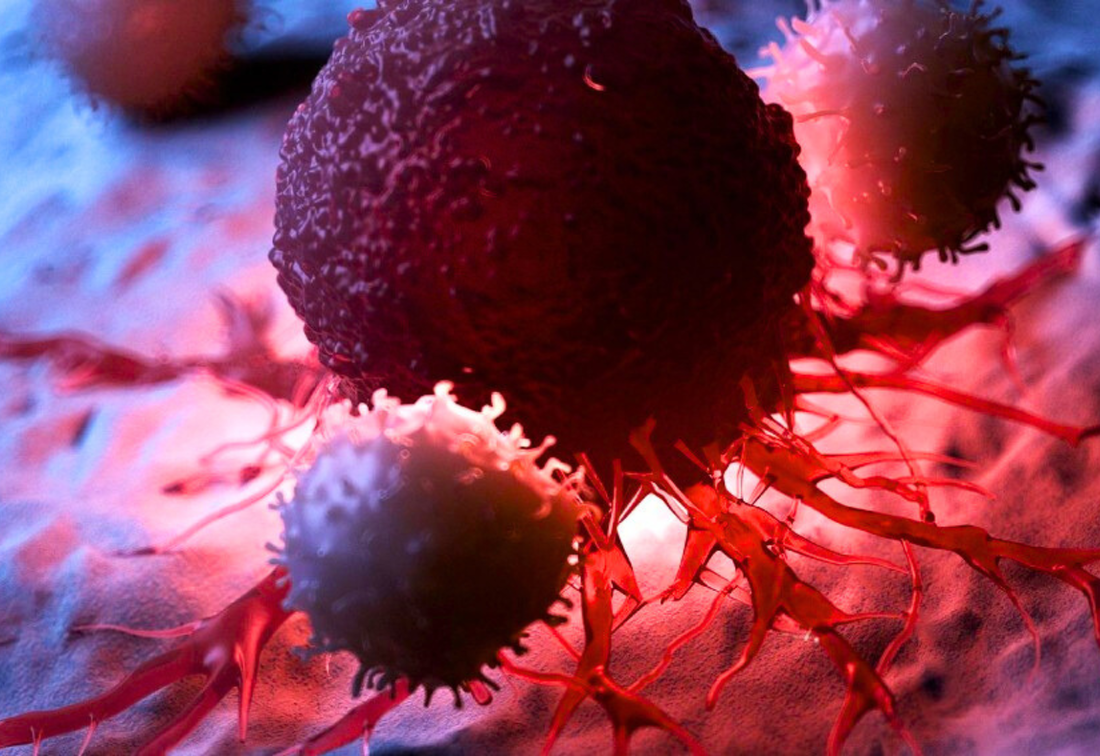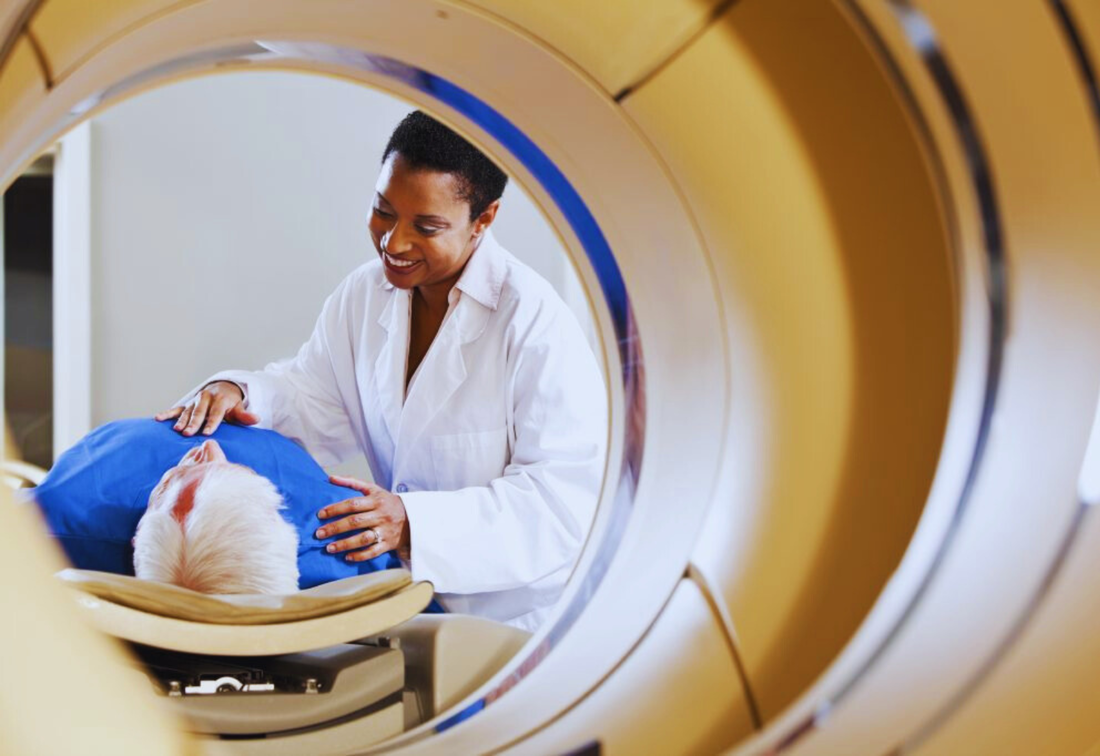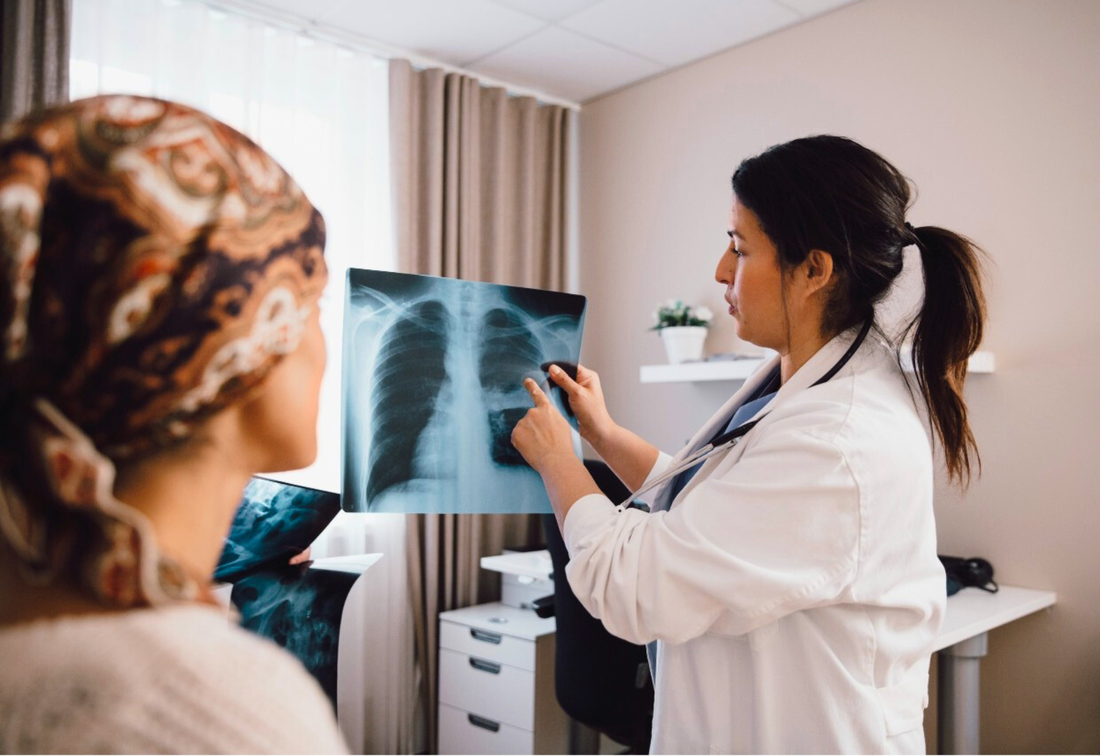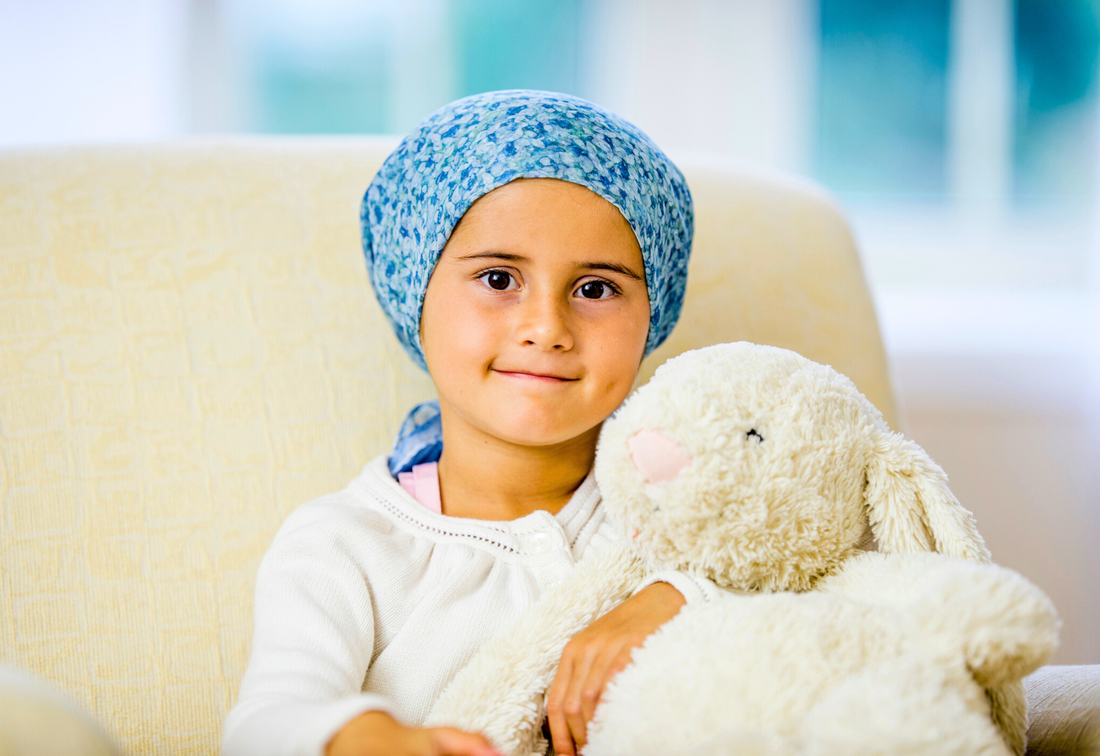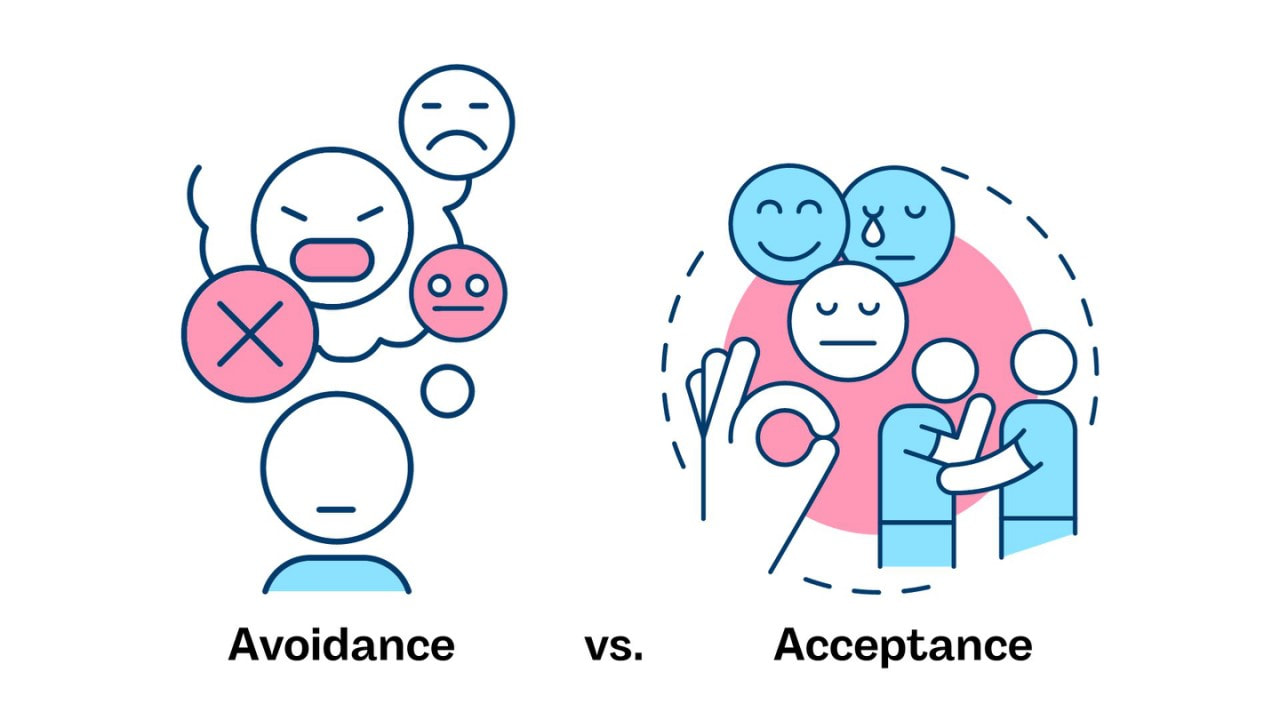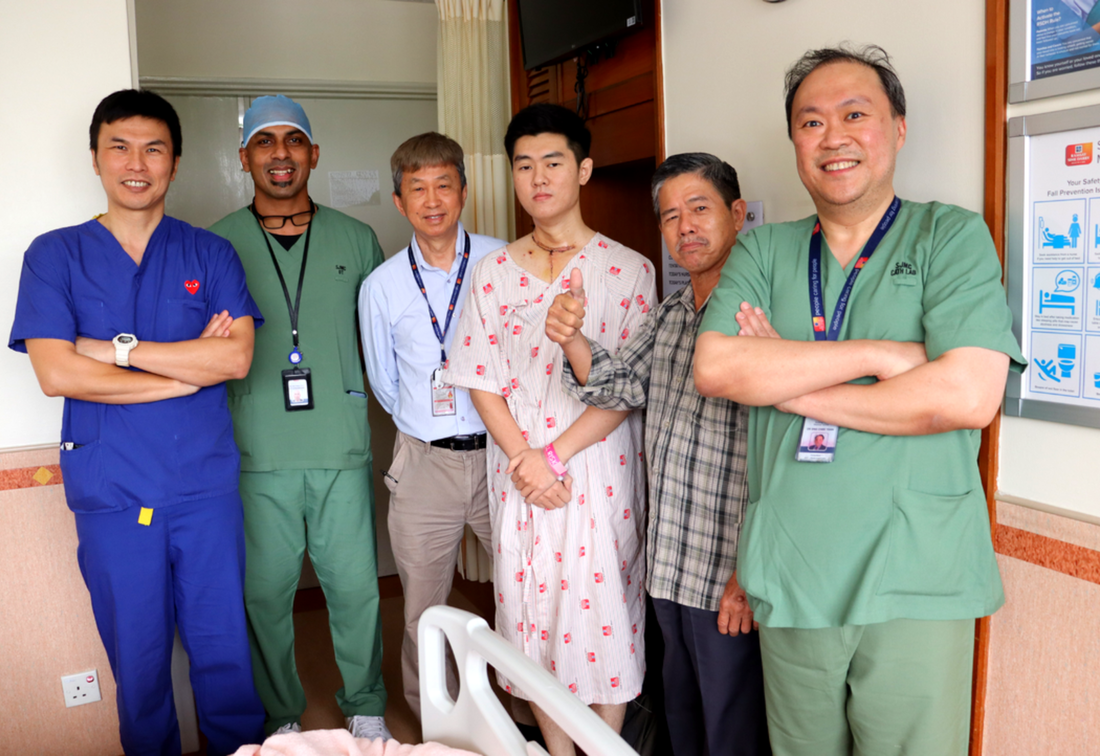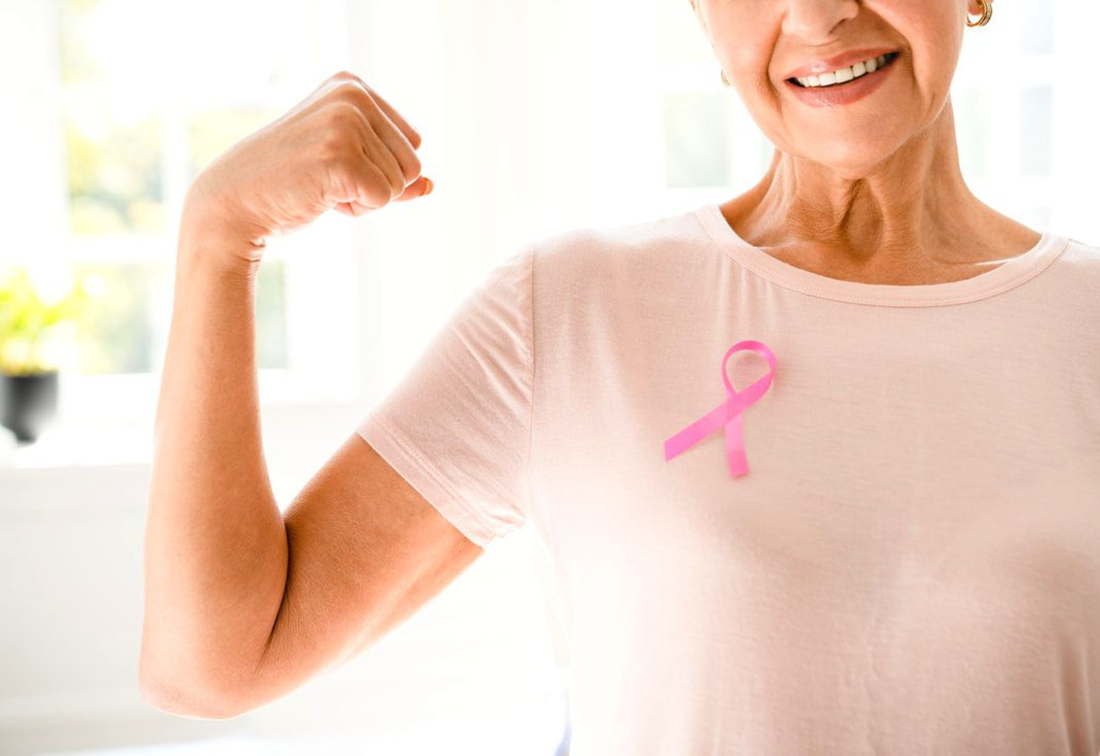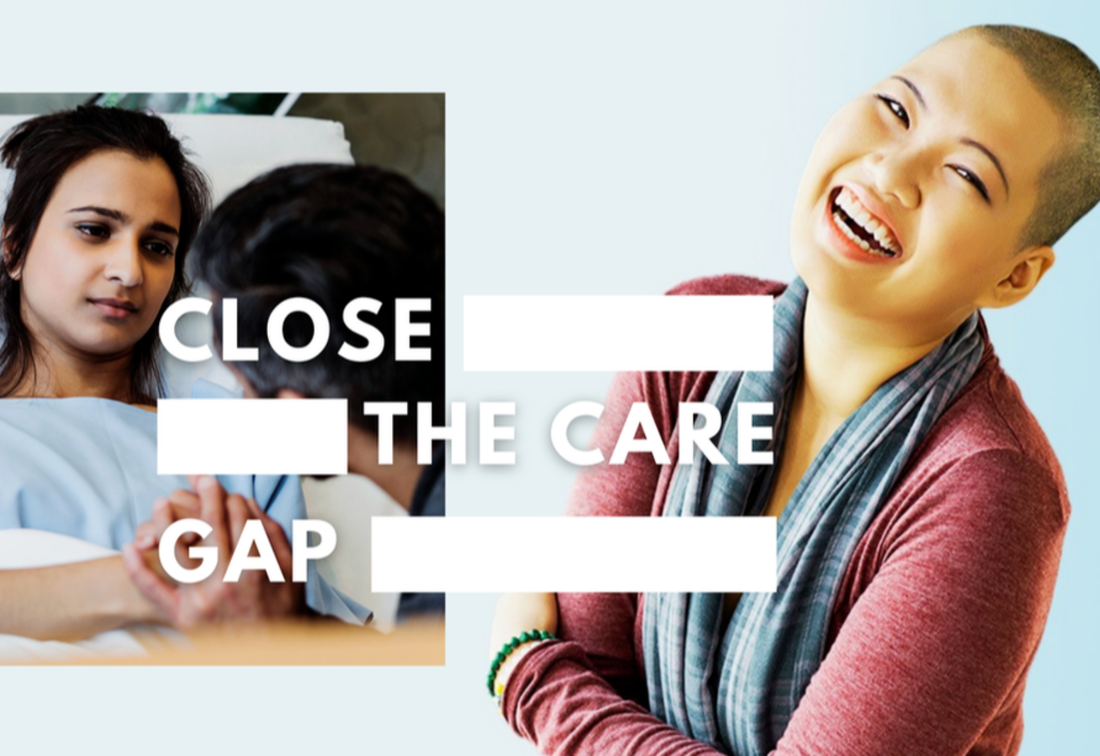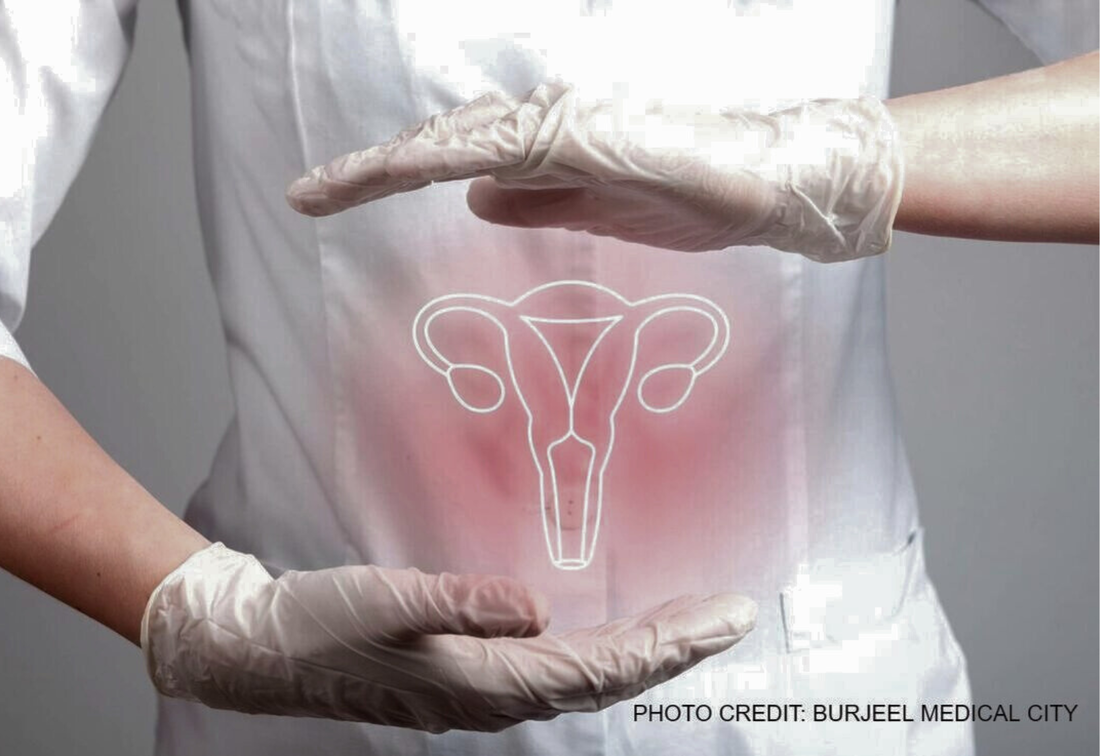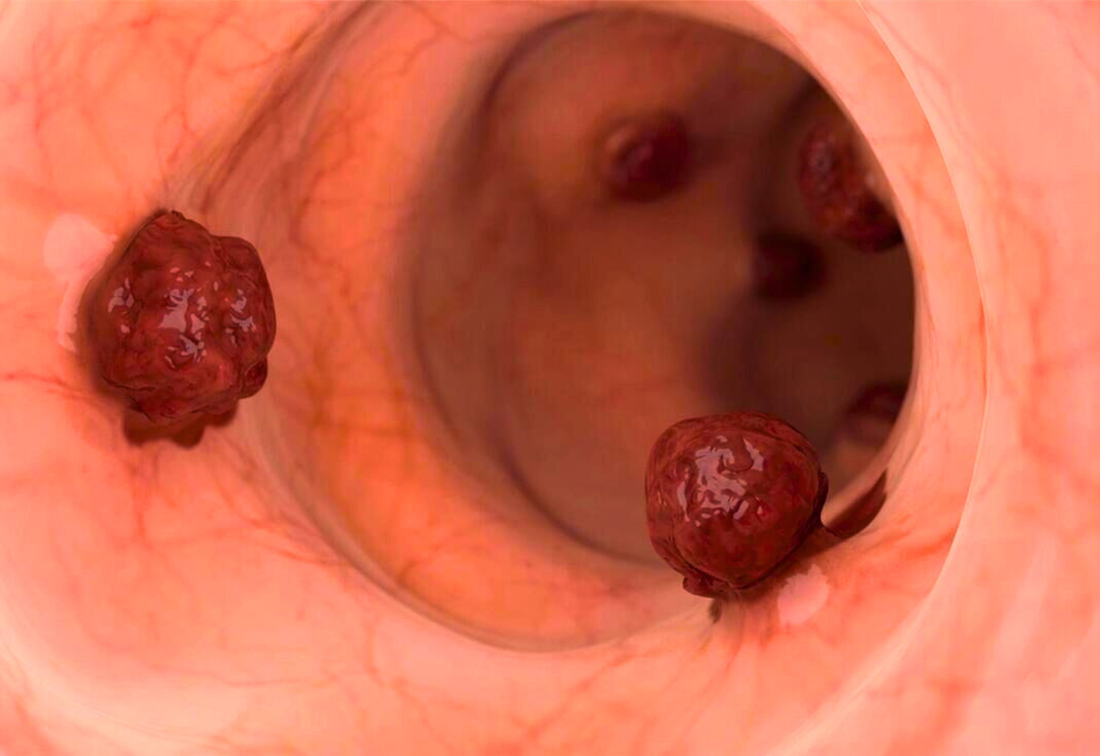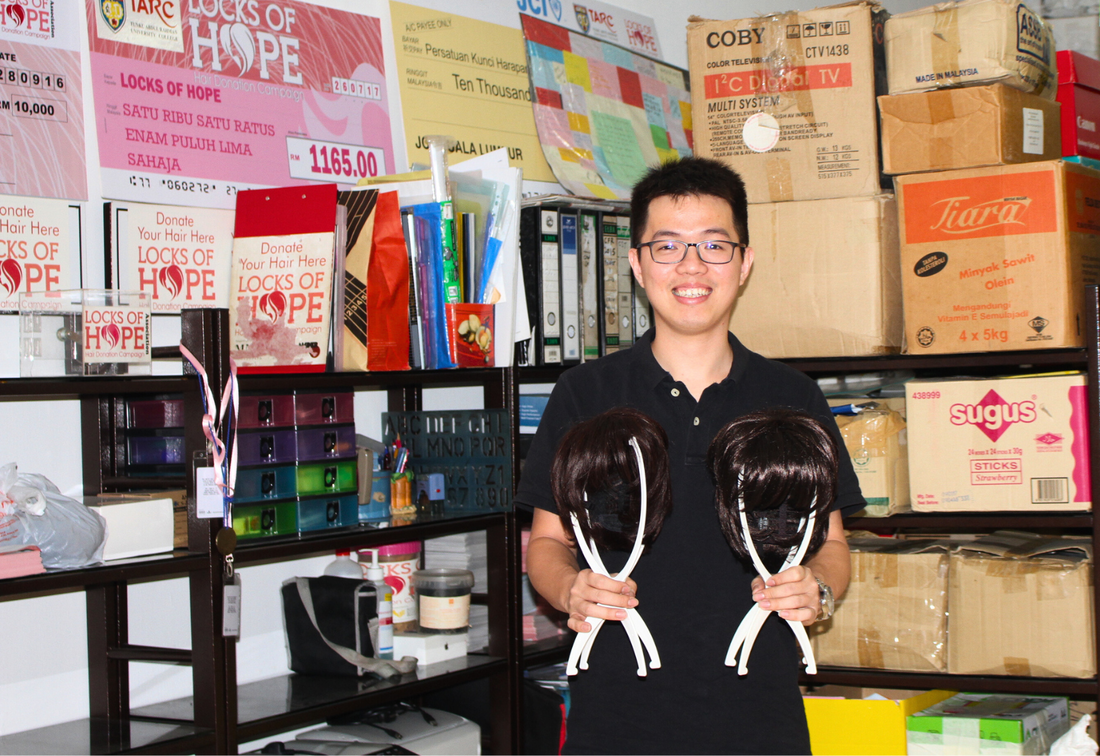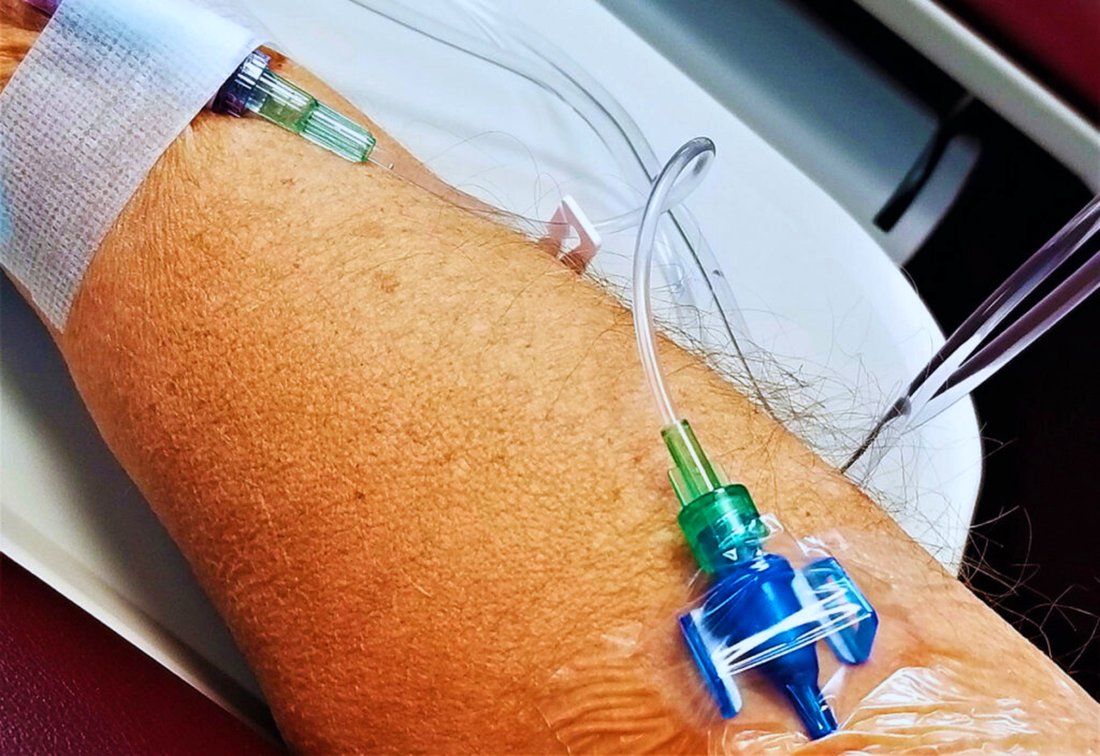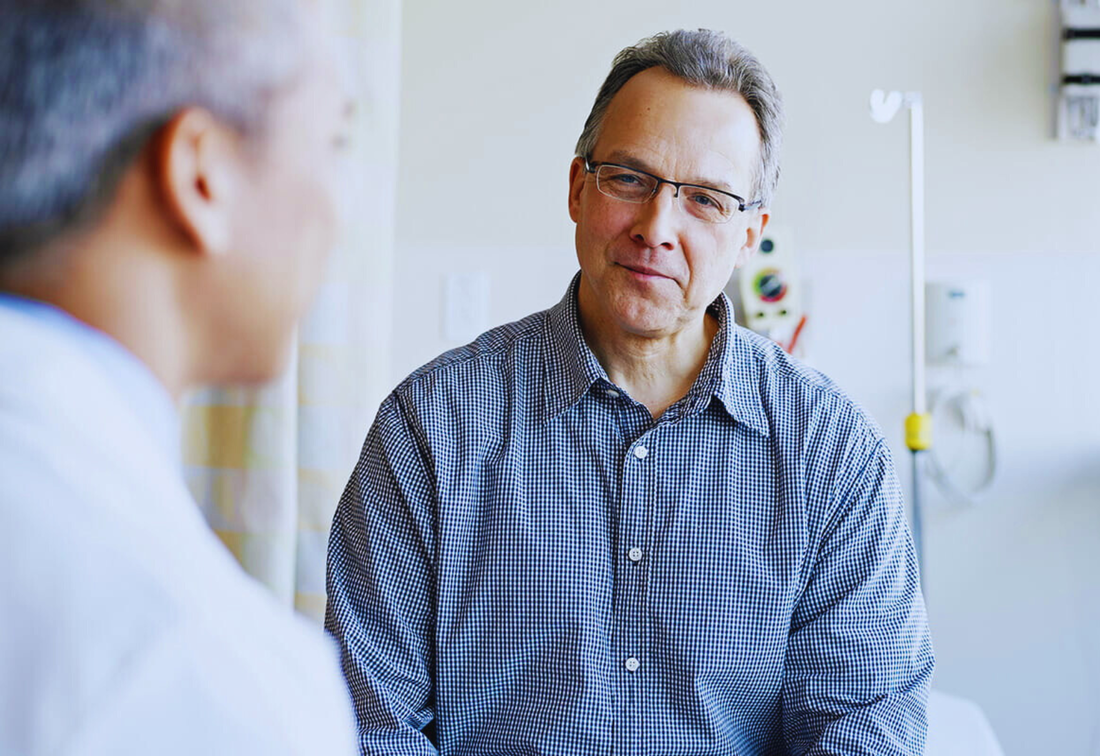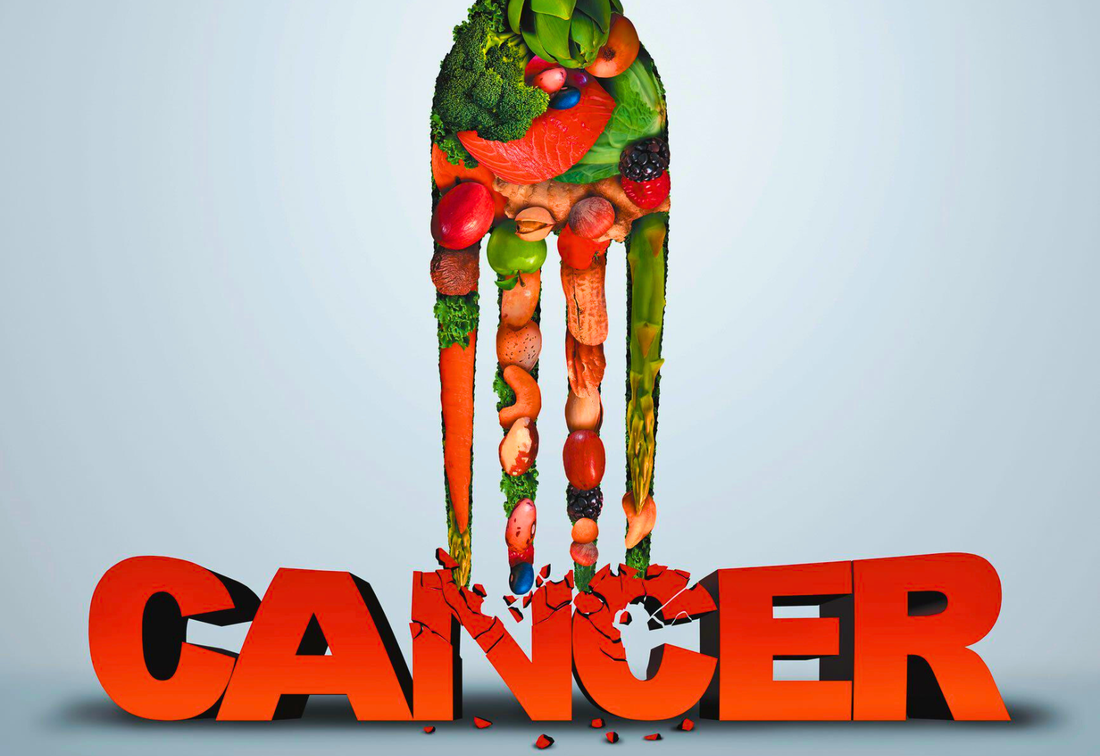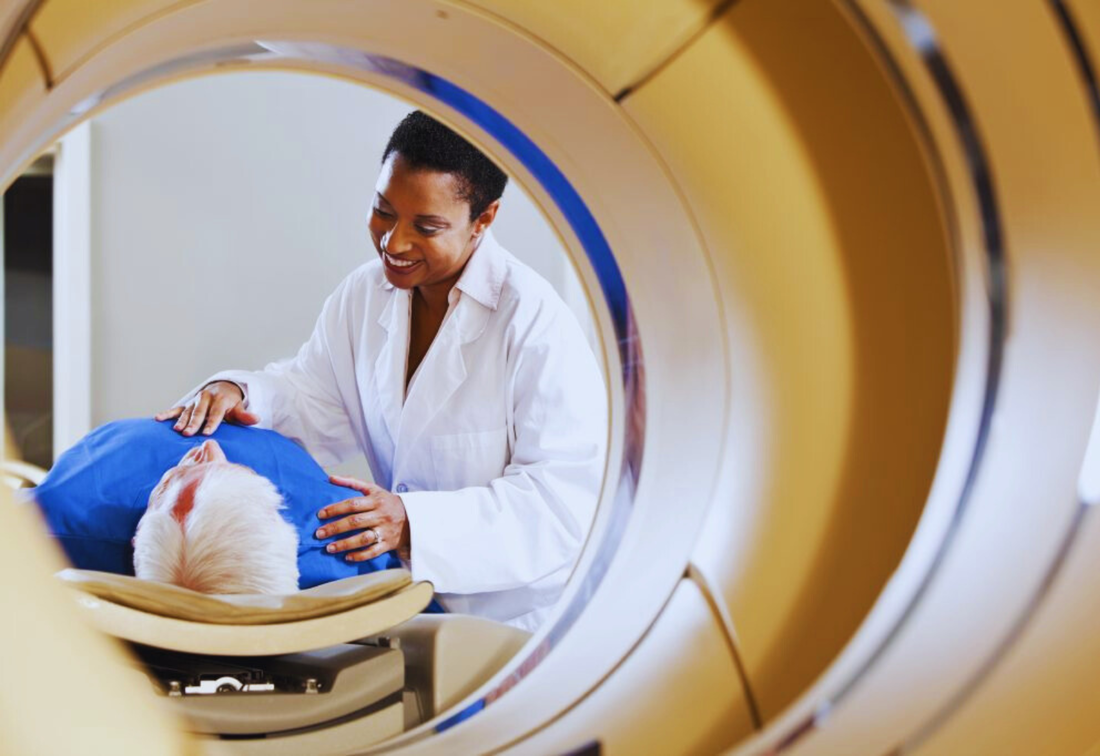Heading: Revolutionizing cancer treatment: Personalized therapies for every patient
May 7, 2024
If you or a loved one has received a cancer diagnosis, I firmly believe that you deserve access to all potentially effective therapies. This article is crafted with your needs in mind.
Upon receiving the cancer diagnosis, patients often find themselves overwhelmed with emotions. They are forced into unknown and have to make quick decisions that will certainly affect their life. It is at this critical juncture that individuals must seize control of their destiny. Medicine is ever changing as science and technology develop rapidly. With the change, there is change in the treatment, assessment and also understanding of cancers. Although there have been tremendous advances in cancer in our understanding of cancers and with it, marked improvements in cancer treatment, the problem remains as cancer occurrence increases with our aging population and changing lifestyles. At the Research Genetic Cancer Centre (RGCC), genetic chemosensitivity testing is conducted on the patient's whole blood. This testing method accurately identifies the specific drugs required to combat the patient's cancer. This genetic testing holds equal significance in determining the most suitable drugs, supplements, and targeted therapies to combat the patient's specific cancer cells. The information garnered from this testing serves as a crucial blueprint for identifying the optimal drugs and supplements tailored to each individual cancer patient. Drug selection for cancer patients Making decisions about drug and supplement selection is an intricate process. Therapeutic decisions for chemotherapy drug protocols are typically based on the latest published studies, resulting in different lines of chemo being prescribed if resistance to the initial treatment occurs. It's vital for cancer patients to understand that no chemotherapy protocols demonstrate 100% efficacy. Drug selection is based on clinical studies showing response rates ranging from 40% to 80%. However, patients have the opportunity to decide on their treatment approach. Chemosensitivity testing RGCC offers strict protocol chemotherapy based on the results of chemosensitivity testing. Patients are presented with options such as complementary therapy following chemosensitivity testing or supportive therapy for those who are too advanced for conventional treatment. We test a sample of cancer tissue to find out which are the best methods to treat cancer. This testing method consistently yields success rates two to three times higher than blindly administered chemotherapy protocols. Despite these successes, this testing method remains underutilized by conventional doctors. At RGCC, cancer genes are tested for mutations, and the efficacy of thirty-eight different herbs, vitamins, minerals, and hyperthermia is routinely evaluated. With these results in hand, we can now furnish each patient with a definitive blueprint of which agents will work best for his or her specific cancer genetics. Oncotrace test Elaborating on the types of test at RGCC and its significance, Dr Jervin Lim, Executive Director of RGCC Southeast Asia explains that Oncotrace test can detect circulating cancer cells at a sensitivity rate of 86.2% and a specificity rate of 83.9%. "Many labs cannot reproduce this kind of result as a special technique called flow cytometry keeps these cells alive during the whole process. The technique employed allows these cancer cells to maintain their genetic nature without mutating. “Flow cytometry is a sophisticated technology used to analyze the physical and chemical characteristics of particles in a fluid as they pass through at least one laser. This tool is especially powerful for assessing circulating tumor cells (CTCs) in the blood of a cancer patient. "The unparalleled purity and viability of CTCs that RGCC captures are pivotal for advanced molecular analyses. Our separation methods ensure an exceptional purity level of 97-99% and a remarkable survival rate exceeding 99%. These factors render CTCs highly suitable for in-depth molecular scrutiny. RGCC's identification process of CTCs employs a combination of negative and positive selection technique, followed by immunophenotypic analyses, ensuring precise detection. "Our methodology notably recognizes the heterogeneity of CTCs. While positive selection tests may overlook CTCs lacking specific surface expressions such as EpCAM, RGCC's negative selection strategy effectively isolates a broad spectrum of CTCs by eliminating non-CTC populations, thus safeguarding critical tumor-related information. Furthermore, our approach allows for detailed genetic expression analysis, revealing tumor characteristics essential for tailoring effective treatment strategies. Tailored treatments for individual needs "Why do we bother about mutations in the lab? The reason is that after assessing the number of cells per milliliter of blood, RGCC can test them further for chemosensitivity. This means Onconomics can examine the culprit cells for which chemotherapeutic agents would work and not only that, work at what ‘kill’ levels. An example is a patient who had breast cancer stage 1 and was given Doxorubicin (a chemotherapeutic agent). Nevertheless, Onconomics Plus picked up that Doxorubicin can only kill 65% of the cells whereas Carboplatin killed 81% of these breast cancer cells. This information allows the oncologist to take some guesswork out of trying to figure out which chemo would work vs which would fail. Your treatment should not be a onesize-fits-all scenario. Onconomics plus In addition to Onconomics plus, which includes biologic agents that work against cancer, there are natural compounds that have a cancer-killing effect. A search on the web would pull out a substantial list of these compounds, and being on every one of them would put a patient in a dilemma: too many tablets to take – very confusing as every product has testimonies of success, not sure which one is working, not sure which one interacts with another supplement, neutralizing/limiting both. So, in the same line as chemosensitivity, which compound works best vs. has no effect—Onconomics Plus can guide natural treatments in the natural world that are more targeted and selective in those that work vs. those that have no effect at all. Supportive oligonucleotide therapies (SOT) "Resveratrol is a commonly discussed biologic that may not work in most cases. Meanwhile, turmeric has been effective for most tumors. Extracts Plus is a boon to them. Onconomics extracts look at CTC and chemosensitivity to natural compounds. Its bigger brother, Onconomics Extracts Plus, would give us information on the tumor's gene expression. Dr Jervin further emphasizes that it is also possible to 'reverse engineer' a solution based on gene expression to further target the genes that the tumor is using to grow and spread. Gene expression studies also enable us to determine whether hyperthermia would be effective or ineffective in a particular case. Supportive oligonucleotide therapies (SOT) offer specific treatments tailored to the individual, not just the tumors. These therapies silence the dominant gene in the tumor without genetically modifying any genes in the body. Several cycles of SOT can silence the predominant genes utilized by the cancer to grow, effectively diminishing the tumor's growth and aggressiveness. Cellular therapies SOT can also be effective in treating stubborn viral infections such as EBV/CMV, which can induce fatigue and trigger the conversion of normal cells into cancerous ones. Additionally, cellular therapies like Vaxo-Q-Re and dendritic cell therapy are included in this arsenal. Vaxo-Q-Re involves activating a wide variety of immune cells taken from the patient to fight cancer. These cells are not genetically modified but are simply activated and reintroduced into the patient's system. Similarly, dendritic cell therapy is customized and specific to each patient. In summary, Dr Kheng emphasizes with this valuable information, the next step is to review the data and assign to patient a definitive protocol, taking into consideration the patient’s choice of options and the most effective drug or drugs recommended, along with the recommended supplements based on testing. He underscores the vital connections between health and cancer as simple as eliminating simple sugars from diets - imperative in cancer prevention. Preventing cancer involves lifestyle changes and address the whole person, our emotional profile, nutritional needs, supplemental needs, the detoxification of our underlying heavy-metal and chemical toxins, our dental health, and most of all, the integrity of our immune system. His philosophy is that he wants to remove the cause of cancer as he treats the entire body to rid it of disease. He also wants to prevent the cancer’s recurrence with the objective that his patients have a good quality of life, however long that might be. |
EXPLORE FURTHER
What is cancer and how does it spread?The differences between cancer cells and normal cells
|
Cancer: Different types and originsCategories that initiate within particular cell types.
|
What signs could signal cancer?Recognizing subtle clues from your body
|
Comprehensive guide to cancer screening: What you can expectNavigating initial screening apprehensions
|
How often should you be screened for cancer?Pre-cancer awareness and proper screening is vital
|
Cancer diagnostics: Tests and results explainedMaking sense of lab test, imaging test and biopsy
|
Understanding childhood cancer and government treatment facilitiesLeukemia, CNS Tumors, and Lymphomas
|
Navigating emotional turbulence: From avoidance to acceptance in the face of cancerExperiential avoidance to heightened distress.
|
|
|
World Cancer Day: What will you do to close the care gap?Social factors or lifestyle can negatively impact the quality of cancer care.
|
Fighting cervical cancer in the age of COVID-19Second most common cancer despite it being a preventable disease.
|
Below 15 exposed to sexual intercourse, at higher risk of developing cervical cancerOral contraceptives...
|
No alternative therapy, magic pill for cure, says breast cancer survivor"There wasn't any pain nor any changes to my breast, but I could feel the lump."
|
Evolving treatment for metastatic colorectal cancerColorectal cancer is the most common cancer diagnosed in men
|
Locks of Hope: Empowering cancer patients with confidence and supportFree human-hair pieces to individuals battling cancer.
|
Chemotherapy: Balancing efficacy and minimizing side effectsFor decades, chemotherapy has remained a cornerstone in cancer treatment...
|
PET scans in prostate cancer detectionThe risk of prostate cancer increases with age, and it often coexists with Benign Prostatic Hyperplasia (BPH)
|
Triumph over adversity: Stories of courage in the face of cancerThree inspiring individuals defying the odds
|
Can you be fired for having cancer?National Human Resource Centre says no provision in Employment Act for cancer
|
Nutrition vs. dot-com doctors: Debunking cancer mythsCancer preventive tips from a nutritionist
|
How often should you be screened for cancer?Pre-cancer awareness and proper screening is vital.
|
Cigarettes cause bladder cancerSmokers are four times more likely to develop bladder cancer than non-smokers.
|
Malaysia's cancer landscape: A closer look at incidence, trends and risk factorsChanging cancer incidence patterns in Malaysia
|


